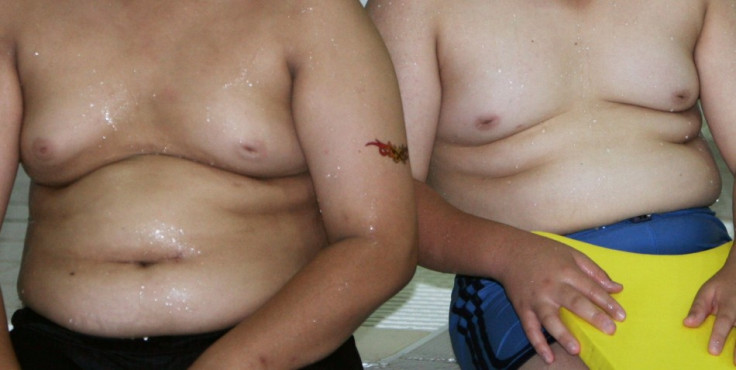Fat Tax of 20% Needed to Improve Population Health
BMJ experts claim levy on unhealthy food and drinks should be combined with subsidies on fruit and vegetables.

A 20 percent "fat tax" on unhealthy foods is needed in order to improve population health, experts claim.
The levies should be coupled with subsidies on healthy foods such as fruit and vegetables, according to researchers at the University of Oxford.
In an article published on BMJ.com in the run-up to the 65th World Health Assembly, lead author Dr Oliver Mytton and colleagues investigated the benefits of imposing unhealthy food taxes around the world.
They found that taxing a wide range of unhealthy foods or nutrients would result in greater health benefits than narrow taxes, although the strongest evidence was found for a tax on sugary drinks.
The paper argued that an unhealthy food tax is just as logical as taxing cigarettes and alcohol, with a resulting decrease in consumption.
"Health related food taxes could improve health," they concluded. "Existing evidence suggests that taxes are likely to shift consumption in the desired direction, although policymakers need to be aware of changes in other important nutrients.
"However, the tax would need to be at least 20 percent to have a significant effect on population health."
A US study found that a 35 percent tax on sugar sweetened drinks, equating to around 28 pence per drink, led to a 26 percent decrease in sales.
Mytton cited studies suggesting that up to 2,700 heart disease deaths could be averted every year by extending VAT to unhealthy foods in the UK.
The researchers admitted that understanding the overall affect on health is complicated, while policymakers need to be wary of negative effects or compensatory behaviour that could lead to an increase in people eating other unhealthy foods or a reduction in exercise.
"The food industry argues that the taxes would be ineffective, unfair and would damage the industry, leading to job losses," the authors added. "Similar arguments were used by the tobacco industry against tobacco taxes."
The taxes could then be used to raise funds for the treatment of diet related diseases - which are also on the rise - to subsidise healthy food and stimulate the industry reformulation of food.
Dr Corina Hawkes, from the Centre for Food Policy at City University London, said: "There remains a long way to go for food policies to reach their full potential," adding that health must be made a priority for the modern food economy.
© Copyright IBTimes 2025. All rights reserved.





















